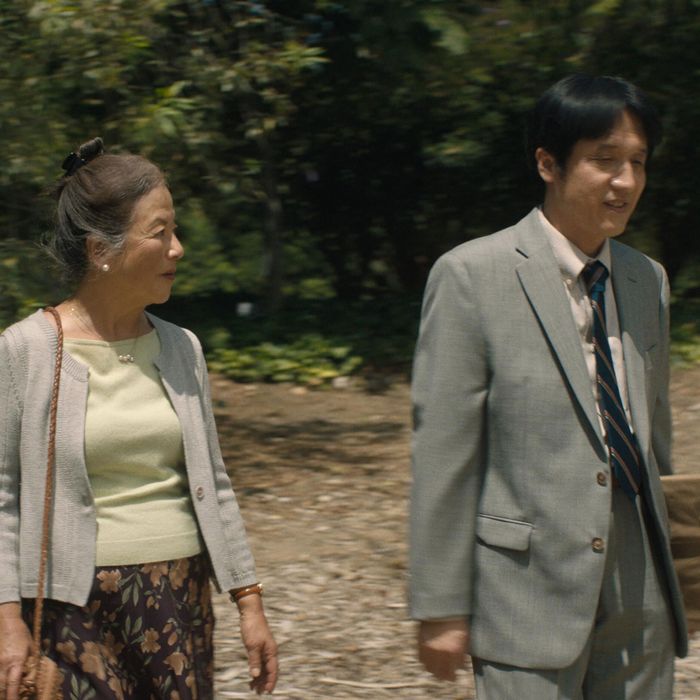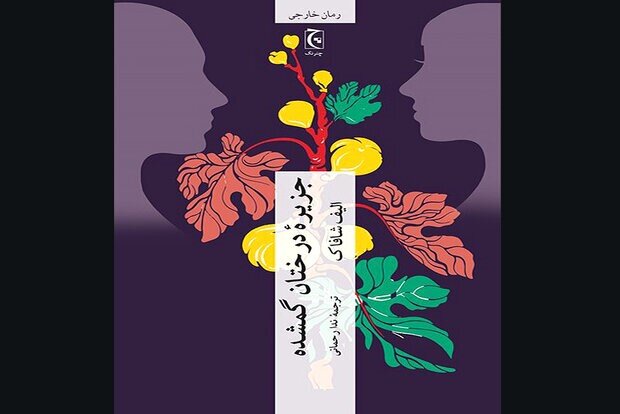The Literature Translation Institute of Korea on Tuesday awarded 13 translators for excellence in the translation of Korean literature into foreign languages, with the top prize going to Park In-won for her German translation of Kim Young-ha’s 2013 bestselling novel “Diary of a Murderer.”
Park, a German literature professor at Ewha Womans University, won the top prize and 20 million won ($16,900) in prize money for her translation of the novella into “Aufzeichnungen Eines Serienmorders.” The German edition was published by Cass Publisher in 2020 in Germany and ranked third for the German Prize for Crime Fiction’s international category.
“The book received more attention from the German public than I expected. I think the story of a serial killer who has lost his memory appealed to the German readers who love thrillers,” Park told reporters during a press conference Tuesday. The book has gone into its third printing in Germany, with an audiobook version also having been published.
Nguyen Ngoc Que, a Korean literature scholar, received the second prize and 10 million won for translating the second part of the approximately 1,000-page “Samguk Sagi,” a historical record of the Three Kingdoms period on the Korean Peninsula, into Vietnamese.
“As a scholar, I’m very interested in classical Korean literature, which I find has many similar features with Vietnamese culture. I want to continue to translate Korea’s classical literature into Vietnamese,” he said. He previously translated several Korean literary works with a focus on classics such as the “Tale of Shim Chong,” “The Biography of Hong Gildong” and the first part of “Samguk Sagi.”
The annual award also acknowledged nine up-and-rising translators. Among the nine recipients of the LTI Korea Award for Aspiring Translator this year, Park Ji-hye, who translated “The Story of a Dream on Ganghwa Island” into English, was the only Korean. Translating the same short story, Jasmin Kevin (French), Cao Jiayi (Chinese), Miwa Birch (Japanese) and Nguyen Ngoc Mai Thi (Vietnamese) were selected. Four translators, Denise Gebhart (German), Ana Gonzalez (Spanish), Evgeniia Dambaeva (Russian) and Salma Mohamed Ahmed Hassanein (Arabic) received the award for translating Choi Eun-mi’s 2021 novel “Here, We Are Face to Face.”
Peter H. Lee, a renowned Korean studies scholar, and Kim Chung-hee, a longtime educator who taught at LTI Academy from 2012 to 2021, were recognized for their lifetime achievement and given the LTI Korea Outstanding Service Award.
The annual Korean Literature Translation Award began in 1993 to honor translators who contributed to the communication of Korean and international literature. The winners this year were selected from 136 works in 24 languages.
During a press conference Tuesday, the award winners had the chance to discuss the difficulty of being a professional translator and the emergence of artificial intelligence.
“Some say that AI might take up the jobs of translators, and I think it could happen within a few years. But even before that, being a professional translator is realistically difficult because it is impossible to make ends meet,” Park Ji-hye said.
“When my pupils said they want to be a professional translator, I tried to talk them out of the idea for the same reason,” Park In-won noted.
(gypark@heraldcorp.com)




